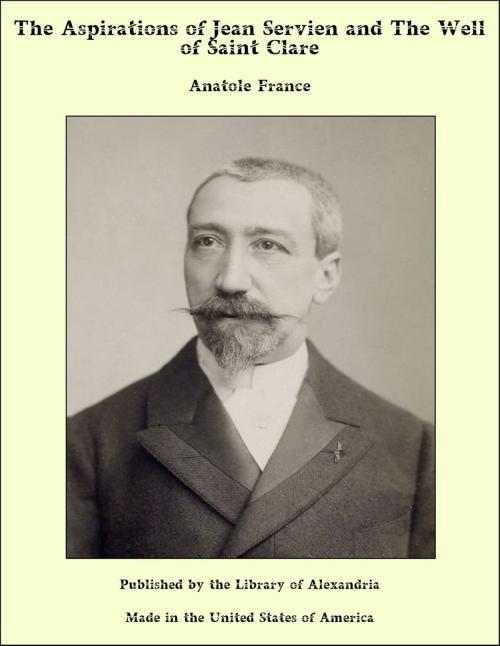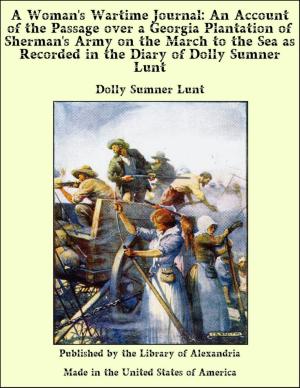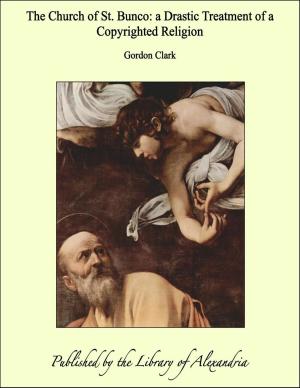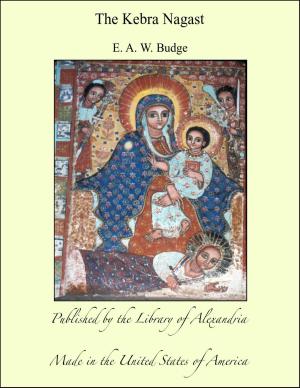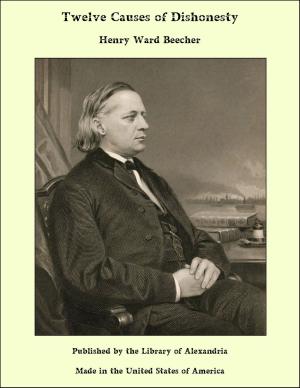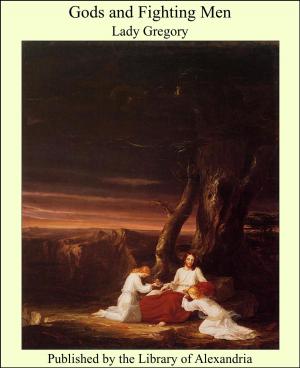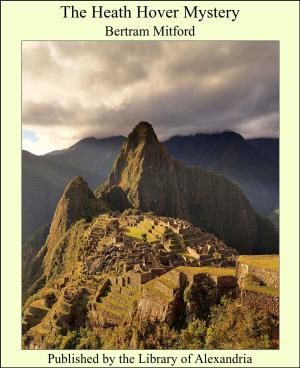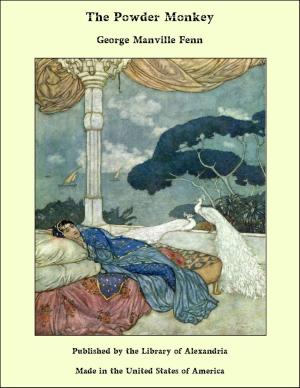The Aspirations of Jean Servien and The Well of Saint Clare
Nonfiction, Religion & Spirituality, New Age, History, Fiction & Literature| Author: | Anatole France | ISBN: | 9781465604767 |
| Publisher: | Library of Alexandria | Publication: | March 8, 2015 |
| Imprint: | Language: | English |
| Author: | Anatole France |
| ISBN: | 9781465604767 |
| Publisher: | Library of Alexandria |
| Publication: | March 8, 2015 |
| Imprint: | |
| Language: | English |
I was spending the Spring at Sienna. Occupied all day long with meticulous researches among the city archives, I used after supper to take an evening walk along the wild road leading to Monte Oliveto, where I would encounter in the twilight huge white oxen under ponderous yokes dragging a rustic wain with wheels of solid timber—all unchanged since the times of old Evander. The church bells knelled the peaceful ending of the day, while the purple shades of night descended sadly and majestically on the low chain of neighbouring hills. The black squadrons of the rooks had already sought their nests about the city walls, but relieved against the opalescent sky a single sparrow-hawk still hung floating with motionless wings above a solitary ilex tree. I moved forward to confront the silence and solitude and the mild terrors that lowered before me in the growing dusk. The tide of darkness rose by imperceptible degrees and drowned the landscape. The infinite of starry eyes winked in the sky, while in the gloom below the fireflies spangled the bushes with their trembling love-lights. These living sparks cover all the Roman Campagna and the plains of Umbria and Tuscany, on May nights. I had watched them in former days on the Appian Way, round the tomb of Cæcilia Metella—their playground for two thousand years; now I found them dancing the selfsame dance in the land of St. Catherine and of Pia de' Tolomei, at the gates of Sienna, that most melancholy and most fascinating of cities. All along my path they quivered in the bents and brushwood, chasing one another, and ever and anon, at the call of desire, tracing above the roadway the fiery arch of their darting flight. On the white ribbon of the road, in these clear Spring nights, the only person I used to encounter was the Reverend Father Adone Doni, who at the time was, like myself, working in the old Academydegli Intronati. I had taken an instant liking for the Cordelier in question, a man who, grown grey in study, still preserved the cheerful, facile humour of a simple, unlettered countryman. He was very willing to converse; and I greatly relished his bland speech, his cultivated yet artless way of thought, his look of old Silenus purged at the baptismal font, the play of his passions at once keen and refined, the strange, alluring personality that informed the whole man. Assiduous at the library, he was also a frequent visitor to the marketplace, halting for choice in front of the peasant girls who sell oranges, and listening to their unconventional remarks. He was learning, he would say, from their lips the trueLingua Toscana.
I was spending the Spring at Sienna. Occupied all day long with meticulous researches among the city archives, I used after supper to take an evening walk along the wild road leading to Monte Oliveto, where I would encounter in the twilight huge white oxen under ponderous yokes dragging a rustic wain with wheels of solid timber—all unchanged since the times of old Evander. The church bells knelled the peaceful ending of the day, while the purple shades of night descended sadly and majestically on the low chain of neighbouring hills. The black squadrons of the rooks had already sought their nests about the city walls, but relieved against the opalescent sky a single sparrow-hawk still hung floating with motionless wings above a solitary ilex tree. I moved forward to confront the silence and solitude and the mild terrors that lowered before me in the growing dusk. The tide of darkness rose by imperceptible degrees and drowned the landscape. The infinite of starry eyes winked in the sky, while in the gloom below the fireflies spangled the bushes with their trembling love-lights. These living sparks cover all the Roman Campagna and the plains of Umbria and Tuscany, on May nights. I had watched them in former days on the Appian Way, round the tomb of Cæcilia Metella—their playground for two thousand years; now I found them dancing the selfsame dance in the land of St. Catherine and of Pia de' Tolomei, at the gates of Sienna, that most melancholy and most fascinating of cities. All along my path they quivered in the bents and brushwood, chasing one another, and ever and anon, at the call of desire, tracing above the roadway the fiery arch of their darting flight. On the white ribbon of the road, in these clear Spring nights, the only person I used to encounter was the Reverend Father Adone Doni, who at the time was, like myself, working in the old Academydegli Intronati. I had taken an instant liking for the Cordelier in question, a man who, grown grey in study, still preserved the cheerful, facile humour of a simple, unlettered countryman. He was very willing to converse; and I greatly relished his bland speech, his cultivated yet artless way of thought, his look of old Silenus purged at the baptismal font, the play of his passions at once keen and refined, the strange, alluring personality that informed the whole man. Assiduous at the library, he was also a frequent visitor to the marketplace, halting for choice in front of the peasant girls who sell oranges, and listening to their unconventional remarks. He was learning, he would say, from their lips the trueLingua Toscana.
